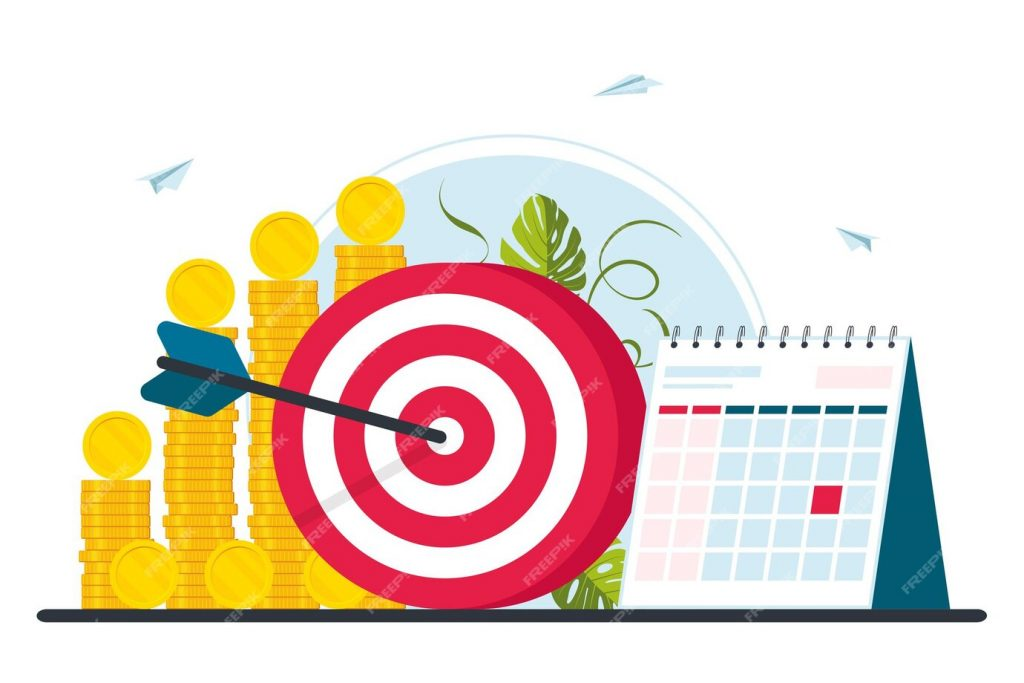novellainstitute.com – Setting goals is a vital part of achieving personal and professional success. Goals provide direction, motivation, and a sense of purpose, while effective productivity strategies help you stay on track and make progress. Whether you’re looking to improve your career, health, or personal life, understanding how to set goals and enhance productivity can lead to significant achievements. Here’s a step-by-step guide to help you set meaningful goals and boost your productivity.
1. Define Your Goals
Before you can achieve your goals, you need to define them clearly. Start by considering the areas of your life you want to improve or develop, such as career, education, health, relationships, or hobbies. Ask yourself:
- What do I want to achieve?
- Why is this goal important to me?
- How will achieving this goal benefit my life?
2. Use the SMART Criteria
Once you’ve identified your goals, use the SMART criteria to refine them:
- Specific: Clearly define your goal. Instead of saying, “I want to get fit,” specify, “I want to run a 5K in three months.”
- Measurable: Establish criteria to measure your progress. This could include setting deadlines or defining metrics, such as “I will save $1,000 in six months.”
- Achievable: Ensure that your goal is realistic and attainable. Consider your current situation and resources.
- Relevant: Your goal should align with your values and long-term objectives. Ask yourself how it contributes to your overall life vision.
- Time-bound: Set a deadline for your goal. This creates a sense of urgency and helps you stay focused.
3. Break Goals into Smaller Tasks
Large goals can feel overwhelming, making it easy to lose motivation. Break your goals down into smaller, manageable tasks or milestones. For example, if your goal is to write a book, your smaller tasks could include:
- Creating an outline
- Writing a chapter each week
- Editing and revising the manuscript
By focusing on smaller tasks, you’ll feel a sense of accomplishment as you complete each one, keeping your motivation high.
4. Create a Plan of Action
Once you’ve defined your goals and broken them down into smaller tasks, create a plan of action. Outline the steps you need to take to achieve each task and set deadlines for each step. Consider using tools like to-do lists, planners, or digital apps to organize your tasks and keep track of your progress.
5. Prioritize Your Tasks
Not all tasks are created equal. Identify which tasks are most important and prioritize them. Consider using a priority matrix, categorizing tasks into four quadrants based on urgency and importance:
- Important and Urgent: Tasks that need immediate attention.
- Important but Not Urgent: Tasks that are important but can be scheduled for later.
- Urgent but Not Important: Tasks that require immediate attention but are not crucial to your goals.
- Not Urgent and Not Important: Tasks that can be eliminated or postponed.
Focusing on what truly matters will help you manage your time and energy effectively.
6. Maintain a Consistent Routine
Developing a routine can significantly enhance your productivity. Set aside specific times each day or week to work on your goals. Consistency is key; establishing habits around your goals will help you stay focused and make steady progress. Consider incorporating techniques like the Pomodoro Technique, where you work for a set period (e.g., 25 minutes) followed by a short break.
7. Stay Accountable
Accountability can be a powerful motivator. Share your goals with a trusted friend, mentor, or family member who can support you and hold you accountable. Regular check-ins can help you stay on track and provide encouragement when needed. You can also consider joining a group or community with similar goals for added support and motivation.
8. Reflect and Adjust
Regularly reflect on your progress and the effectiveness of your strategies. Are you meeting your deadlines? Are your tasks helping you move closer to your goals? If you find that something isn’t working, don’t be afraid to adjust your plan. Flexibility is essential in goal-setting and productivity.
9. Celebrate Achievements
Don’t forget to celebrate your successes, no matter how small. Acknowledging your achievements boosts morale and motivation. Consider rewarding yourself when you reach milestones, whether through a simple treat, a day off, or an activity you enjoy. Celebrating progress reinforces positive behavior and encourages you to continue working towards your goals.
Conclusion
Setting goals and enhancing productivity is a lifelong journey that requires intention and commitment. By defining your goals, breaking them down into manageable tasks, and establishing a consistent routine, you can create a clear path to success. Remember that flexibility, reflection, and celebration are essential components of this process. With determination and the right strategies, you can turn your aspirations into reality and achieve a fulfilling, productive life.




